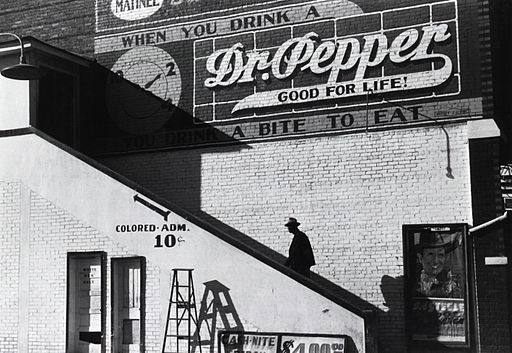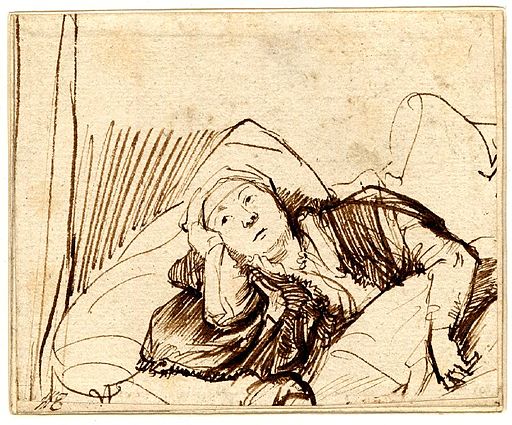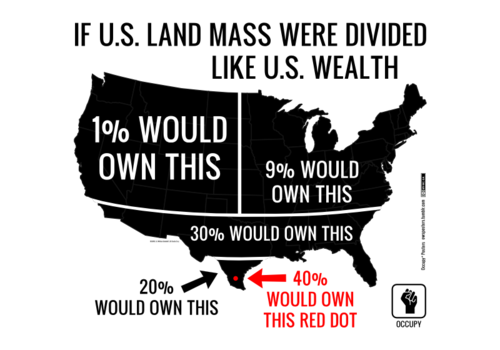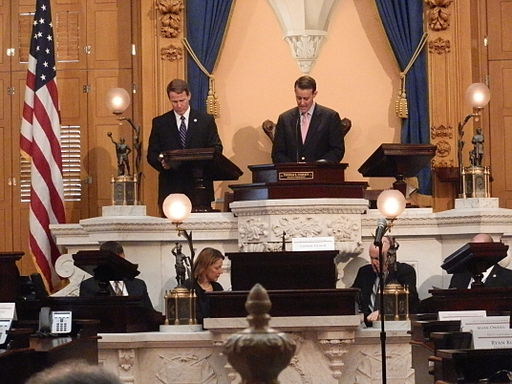 Meeting of the 2012 Ohio Electoral College; photo by Ibagli
Meeting of the 2012 Ohio Electoral College; photo by IbagliThe 538 members of the
Electoral College meet tomorrow, December 19th, in the 50 state capitols and in Washington, D.C., to cast their ballots for President and Vice President. Many people across the country are unsure about
the purpose of or need for the Electoral College, and they think we could do better without it. In
Article II, Section 1 of the Constitution, the Founding Fathers established the Electoral College, though they never named it as such.
“Each State shall appoint, in such Manner as the Legislature thereof may direct, a Number of Electors . . . “
There is further elaboration on the Electoral College in the 12th and 14th Amendments.
Nowhere in the Constitution is there anything about constraining the Electors to vote for the winner of their state’s popular vote. In 26 states and in Washington, D.C., Electors are bound by state laws or party pledges to vote for the winner of the popular vote in their state. The Founding Fathers did not foresee the rise of political parties, and they imagined the Electors would act more independently than has proved to be the case. Political parties now choose the Electors and dictate how they vote, and over half the states have codified that policy into state law. The Electoral College functions now as nothing more than a rubber stamp for the winner take all system in all the states except Nebraska and Maine, which allocate their electoral votes by congressional district.
If the Electors exist only to rubber stamp the electoral votes determined by the popular vote in each state, then why bother with human Electors at all? If the purpose of the electoral vote system is to protect
the minority rights of less populous states from being overrun by more populous states, then tally the electoral votes allocated by each state’s popular vote and do away with the Electoral College members altogether. If, on the other hand, we expect Electors to
act at their own discretion, then do away with the restrictions placed on them by the states and by the political parties, all of which may be unconstitutional, and allow them to vote their consciences.
The Founding Fathers had
some good reasons for establishing the Electoral College, though they failed to envision how it has played out since the 18th century. As it exists now, it is neither fish nor fowl, neither a body independent of the will of the people nor beholden to it. The Electoral College is beholden to the will of the political parties, and any member who votes independently of that will is termed a “faithless Elector,” and may be subject to legal penalties as well as party ostracism. What good is an institution like that?
– Ed.

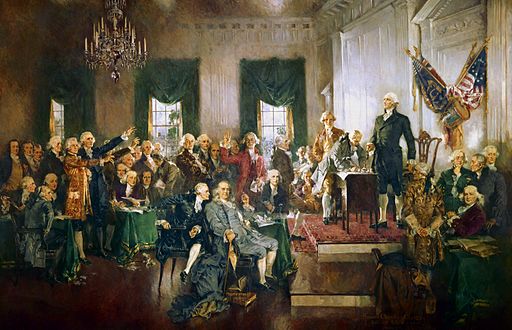
Scene at the Signing of the Constitution of the United States
, a painting by Howard Chandler Christy. The figures in this painting who were instrumental in the establishment of the Electoral College were James Wilson, in the green coat directly beneath the flags, who proposed it; and seated to either side of Benjamin Franklin, at the center, were James Madison on the right and Alexander Hamilton on the left, the two men who explained it’s function and lobbied for it’s inclusion in the Constitution.



